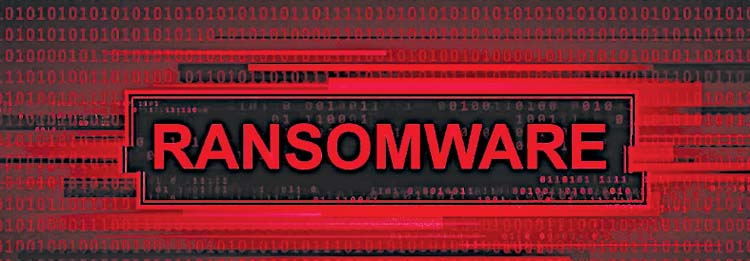Chennai / New Delhi, Oct 17 (Bureau) Ransomware threats has surged in India software supply chain accounting for 99 per cent of attacks, according to a survey released on Thursday. OpenText (NASDAQ: OTEX), (TSX: OTEX) released its third annual 2024 Global Ransomware Survey, which reveals the current state of ransomware attacks, including ransom payments, the impact of software supply chain attacks and generative AI. The report found that supply chain attacks are widespread with 90% of Indian respondents having been impacted by a ransomware attack originating from a software supply chain partner in the past year. With well-funded cybercriminals increasingly targeting software supply chains and harnessing generative AI to increase phishing attempts, businesses face a persistent struggle to stay ahead of evolving ransomware threats and the rising cost of attacks, a releasefrom OpenText said here. “Small and medium businesses (SMBs) and enterprises are stepping up their efforts against ransomware, from assessing software suppliers to implementing cloud solutions and boosting employee education.
However, the increase in organizations paying the ransom only emboldens cybercriminals, fueling more relentless attacks,” said Muhi Majzoub, Executive Vice President and Chief Product Officer, OpenText. “Businesses must proactively defend against sophisticated threats like supply chain vulnerabilities and AI-driven attacks, while ensuring resilience through data backups and response plans, to avoid empowering the very criminals seeking to exploit them”, he said. Key survey findings revealed that Respondents are overwhelmingly concerned about supply chain attacks. Those who reported a ransomware attack this year were more likely to report that it came from their supply chain. Almost two thirds (62%) of respondents have been impacted by a ransomware attack originating from a software supply chain partner or were unsure about it. Of the respondents who experienced a ransomware attack in the past year, 99% have been impacted by a ransomware attack originating from a software supply chain partner and 96% are planning to increase collaboration with software suppliers to improve security practices in the next year, it said.
A majority (95%) of respondents are concerned about ransomware attacks on a company’s downstream software supply chain, third-party and connected partners. When asked if recent breaches by key industry vendors like Change Healthcare, Ascension and CDK Global that caused sector-specific outages and losses made them more concerned about being impacted by a supply chain attack, more than three quarters (76%) are concerned enough to consider changing vendor. Almost all respondents (94%), including those who have experienced a ransomware attack in the past year, have a formal process for assessing the cybersecurity practices of your software suppliers. And only 6% do not or don’t know. A vast majority of companies (90%) have experienced a ransomware attack in the past one year, with more SMBs than large enterprises having experienced an attack.
Of the 68% of respondents who have experienced a ransomware attack, 90% have experienced a ransomware attack in the last year and only 10% have not. Of those who experienced a ransomware attack in the past year, almost three-quarters of respondents (72%) paid the ransom. Half (50%) of their ransom payments were between USD one million and USD 10 million. At the same time, almost all (98%) successfully restored their organization’s data. Respondents experienced more phishing attacks due to the increased use of AI, especially among those who have experienced a ransomware attack, while 69% of respondents said their company is more at risk of suffering a ransomware attack because of the increased use of AI among threat actors. Almost three-quarters (71%) of respondents have observed an increase in phishing attacks due to the increased use of AI. Organizations, including SMBs, continue to invest more in cloud security and security awareness and phishing training and Cloud security is the cybersecurity area that respondents say their companies are investing in most (76%). A majority (96%) of respondents said their companies require employees to participate in security awareness or phishing training. In 2024, 43% conducted monthly training.

